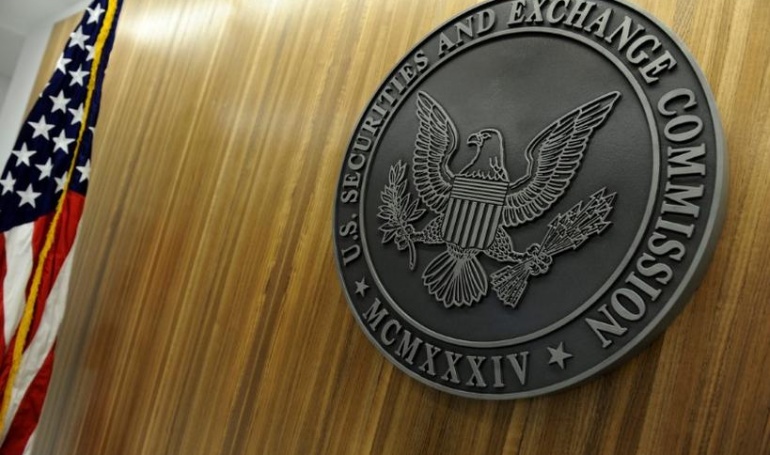
- U.S. Securities and Exchange Commission looks set to play a more active role in cryptocurency regulation
- Biden administration’s SEC push to oversee cryptocurrencies more closely ought to be welcome especially if institutional participation is to increase
Not so long ago, in a speculative space not so far away…
The biggest battle raging between the purveyors of highly speculative initial coin offerings or ICOs and the U.S. Securities and Exchange Commission, was whether a fresh offering of digital tokes constituted an offering of securities, and thus would raise the ire of the SEC.
ICO issuers would spare no expense on lawyers drafting pricey legal opinions as to why a particular ICO was not a security, the favorite defense being that it was a “utility token.”
Four years later, billions lost and there are perhaps no more than a handful of ICOs which genuinely qualify as “utility tokens.”
But the sheriff of the SEC at the time, Jay Clayton refused to claim jurisdiction or act on nascent assets that could not be clearly adjudged to be “securities” in the traditional understanding of the term.
Clayton’s successor Gary Gensler however has no such hang ups.
Calling on Congress to provide the SEC with additional powers to protect investors in what he’s termed the “Wild West” of cryptocurrency markets, “rife with fraud, scams and abuse,” Gensler said he saw few signs crypto assets were catching on as a medium of exchange and rather should be seen as “highly speculative stores of value.”
The distinction that Gensler draws is important because a “store of value” potentially makes cryptocurrencies a “security” and puts it within the purview of his SEC.
And that has broader implications over which cryptocurrencies could soon come under sanction or censure by the SEC.
Gensler is mulling a robust oversight regime for cryptocurrencies, establishing safeguards for the millions of investors who’ve been stocking their investment portfolios with digital assets, and hasn’t shied away from approaching Congress to ask for those powers.
Having previously taught an oversubscribed course on blockchain and digital currencies at the Sloan School of Management at the Massachusetts Institute of Technology, Gensler has asked Congress to pass a law that could give the SEC legal authority to monitor cryptocurrency exchanges, but caveats that the SEC’s powers are already broad and he may not need new laws to police the space.
Gensler’s proactive approach to provide oversight, over a space that has long thrown up issues of which U.S. agency should have jurisdiction, should be a welcome move for cryptocurrency investors.
Broadly, Gensler isn’t anti-cryptocurrency, noting that technology has sparked economic progress throughout human history, and he sees a similar boost being possible for digital assets, but not in the absence of strong and thoughtful regulation.
And that strong and thoughtful regulation could be precisely what the cryptosphere requires.
With regulators globally tightening the noose around unregulated cryptocurrency exchanges like Binance, the U.S. could potentially lead the digital asset space by providing the clarity for institutional participation and broader adoption.
Because ultimately, you can’t play the game if you don’t know the rules.



